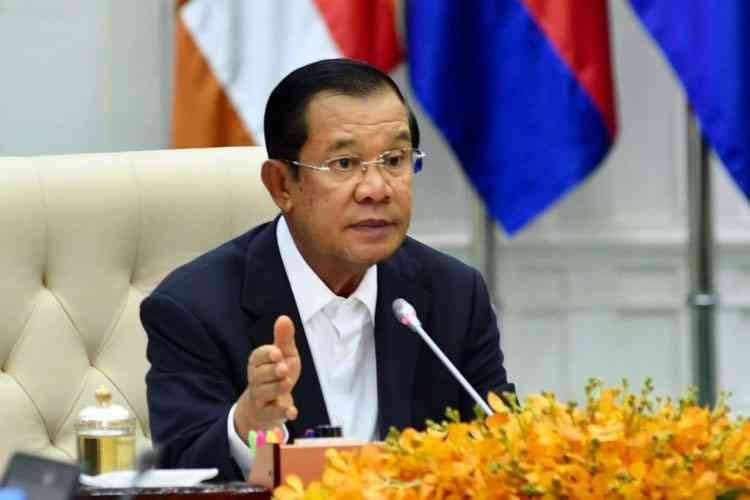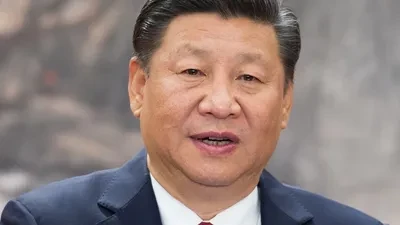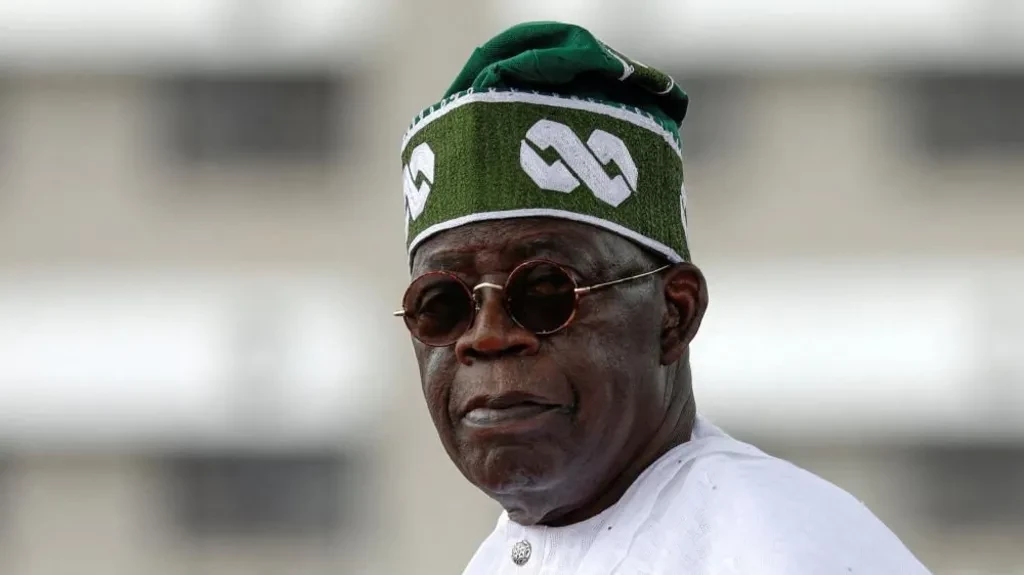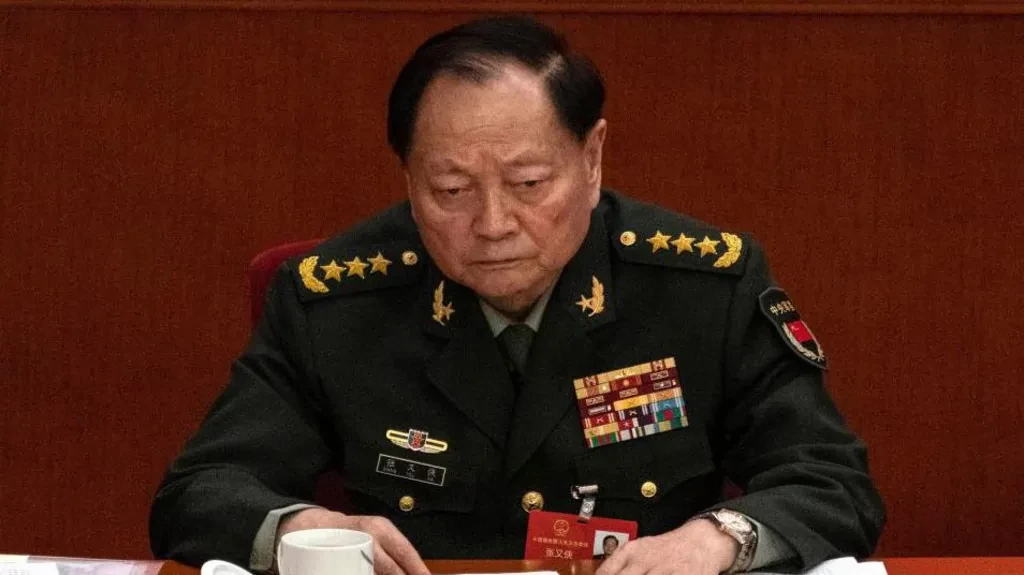
Cambodian government is always seen standing against the world for defending China and debt diplomacy, however, China’s debt and security arrangements with Cambodia signal a greater plan for South East Asia.
The ever-increasing Chinese in the country serves as a major red flag for them. Cambodia’s external debt which was more than USD 9 billion in 2021 is expected to cross USD 10 billion by the fact that more than 40 percent of it is believed to be owed to China, making the country quite vulnerable to Chinese debt policy, reported the Financial Post.
Cambodia’s continued reliance on China for various needs has put to the test its efforts for shedding the image of China’s proxy. Various observes point towards the strategic pitfalls for the South East Asian country due to outsized Chinese influence on its economy, policy and security matters.
Moreover, China remains Cambodia’s largest source of imports accounting for more than 30 percent of its total imports. Analysts also warn about Beijing creating long term-dependence on it for Cambodia by financing large infrastructure projects in the country, reported Financial Post.
They fear that this support may eventually be leveraged by China to further its interests in the overall South East Asian region. This may further aggravate the problems within ASEAN, a regional group struggling to agree on a unified policy on the South Sea issue.
Chinese investments have financed massive infrastructural projects in Cambodia including roads, bridges, sea ports, airports, railways and hydropower dams. The major Cambodian projects currently being implemented through Chinese capital include work on Dara Sakor International Airport and a deep-water port project in Kampo, reported Financial Post.
Notably, the under-development port would allow Chinese aircraft carriers and ships to sail; a facility that would aid Chinese naval activities in the South China Sea.
It is widely believed that a secret agreement between Cambodia and China allows the latter to use some facilities for military purposes.
- The brains behind Matavire’s immortalisation
- Red Cross work remembered
- All set for inaugural job fair
- Community trailblazers: Dr Guramatunhu: A hard-driving achiever yearning for better Zim
Keep Reading
Going forward, Cambodia may also witness regular stationing and port calls by Chinese naval vessels, including those of the second Navy (Chinese Coast Guard), and the third Navy (Maritime Militia). This would ensure a crucial base for China in the “nine-dash line”, on which China seeks to have greater control, reported Financial Post.
Writing for Jakarta Post, Dr Takashi Hosoda of Charles University, Prague recently warned that establishing a naval base in Cambodia poses a major security risk for other countries in the region.
The modernization and expansion of the Ream Naval Base will allow the Royal Cambodian Navy (RCN) to operate anti-ship and air defence missile-carrying vessels such as Chinese Type 22 (Houbei class) missile boats, Type 056 corvettes, and Type 054A frigates, in contrast of current capabilities of the RCN of operating patrol boats without an anti-ship missile, reported Financial Post.
China also seems to have played up in the gradual deterioration of Cambodian ties with other countries. The visible decline in Cambodia’s relations with the US in recent years by Beijing’s increased coaxing of Phnom Penh.
Bilateral ties with the US faced twin drubbing in the form of the cancellation of the “Angkor Sentinel” joint military exercise and the dissolution of the Cambodia National Rescue Party (CNRP) in 2017.
On the other hand, the US went on to criticize the state of democracy in Cambodia and passed the Cambodia Democracy Act.
Cambodia is also engrossed in disputes with Vietnam over the land border and ethnic Vietnamese immigrants in Cambodia. The fragility of Cambodia’s bilateral relations thus provides Beijing with a fertile ground for increasing influence through proxy wars in the region, reported Financial post.











